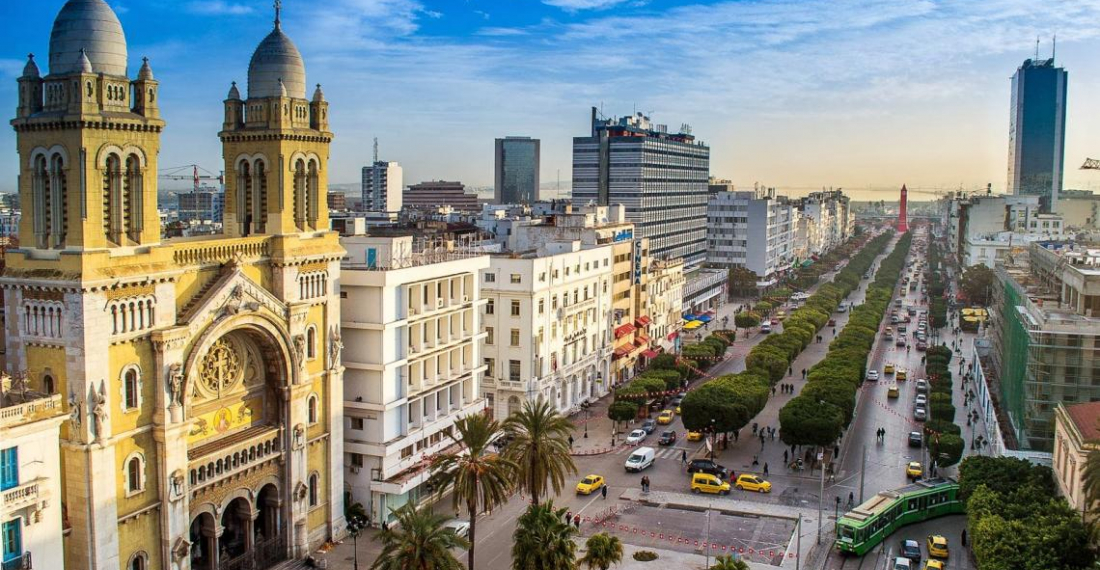Tunisia is often referred to as the Arab world's most democratic country. However, since the overthrow of the dictatorship of President Zein Abedine Ben Ali, in the early stages of the Arab spring ten years ago, the country has had to walk a fine balancing act between democracy and openness and a struggle against Islamists who have conducted terrorist attacks, threatening both the political institutions, as well as the economy which is heavily dependant on western tourism.
Politics in Tunisia in the last decade has been dominated by the rivalry between An Nahda, a mainstream Islam inspired party, and secularists who oppose any interference of religion in the public space. Both seek to resist the Islamist threat, although their approach is different. In the meantime the threat from extremists continues.
On Friday (8 January) the Tunisian government announced it had arrested a suspected branch leader of Al-Qaeda in North Africa, along with several others suspected of planning “terrorist” attacks.
“Two dangerous wanted individuals, one of whom is an Al-Qaeda leader,” were arrested in Tunis, government spokesman, Mohsen Dali said. Authorities also arrested three others accused of providing material and logistical support for organizing “terrorist” acts, Dali added, without providing details of what type of operations were planned. All five suspects were Tunisian, he said.
The Interior Ministry had said in a statement that the arrested branch leader had already carried out “missions” abroad in an area where jihadist groups operate, without specifying which country.
The Tunisian offshoot of Al-Qaeda in the Islamic Maghreb, or AQIM, is known as Okba Ibn Nafaa. Initial investigations indicate the suspect had been consulting other leaders of the group to plan “terrorist operations in Tunisia,” according to the ministry. Authorities seized a weapon and ammunition during the suspect’s arrest, it added.
The announcement of the arrests comes days after the sacking of Interior Minister Taoufik Charfeddine over high-level staffing changes he sought to make to some security agencies, according to a recent statement from Tunisia’s prime minister. The decision come amid increased tensions between the president and the prime minister over powers and competencies of the two high state offices.
source: commonspace.eu with agencies
photo: Habib Bourghiba Avenue in Tunis (archive picture)






